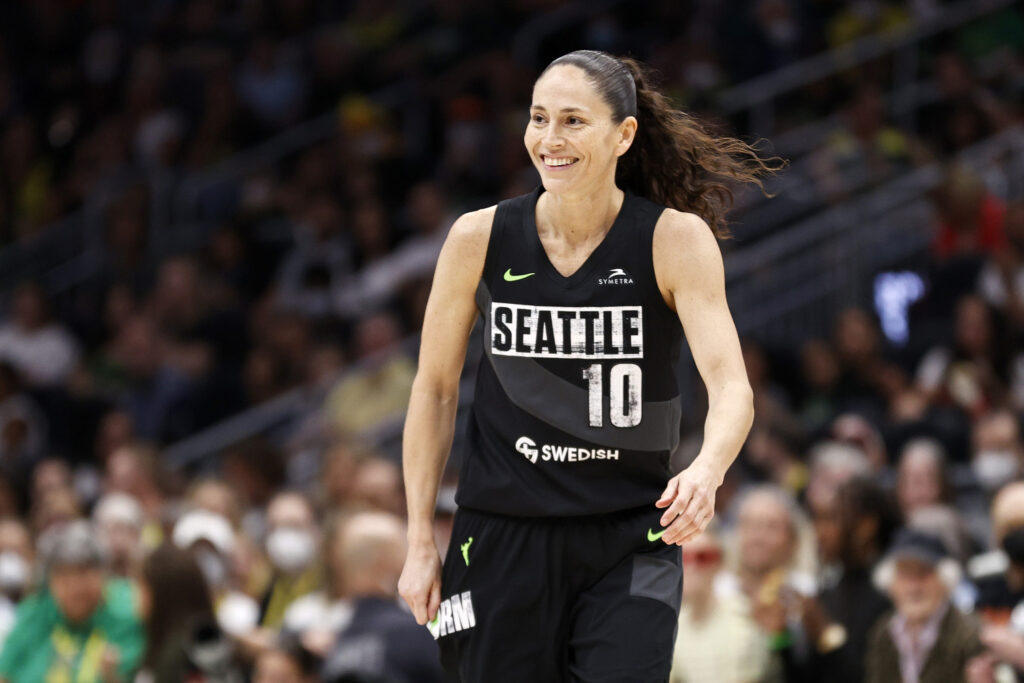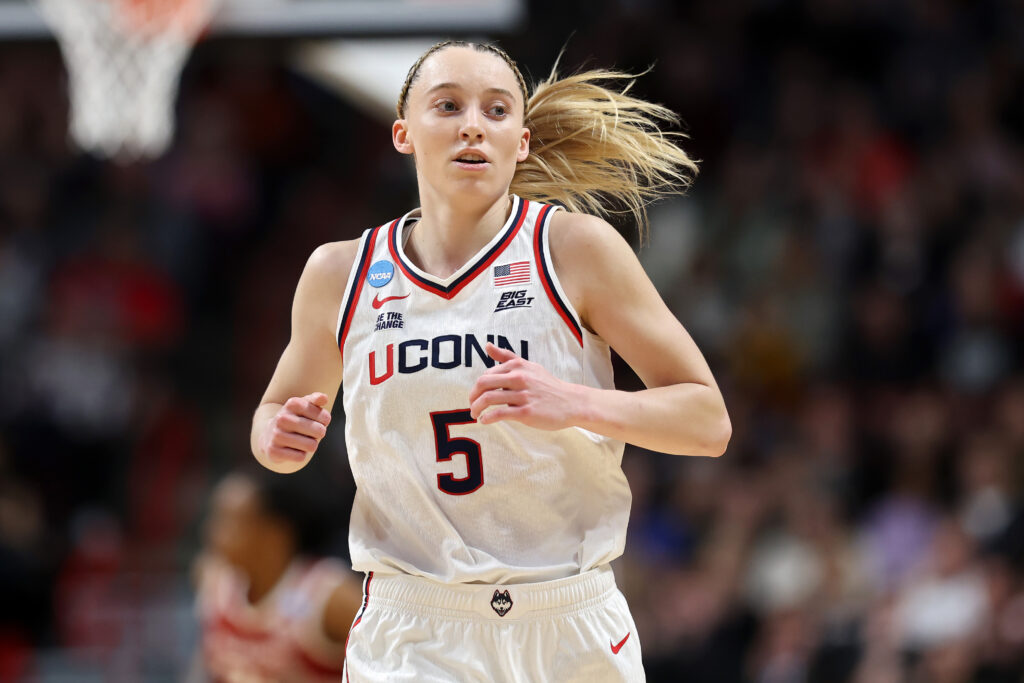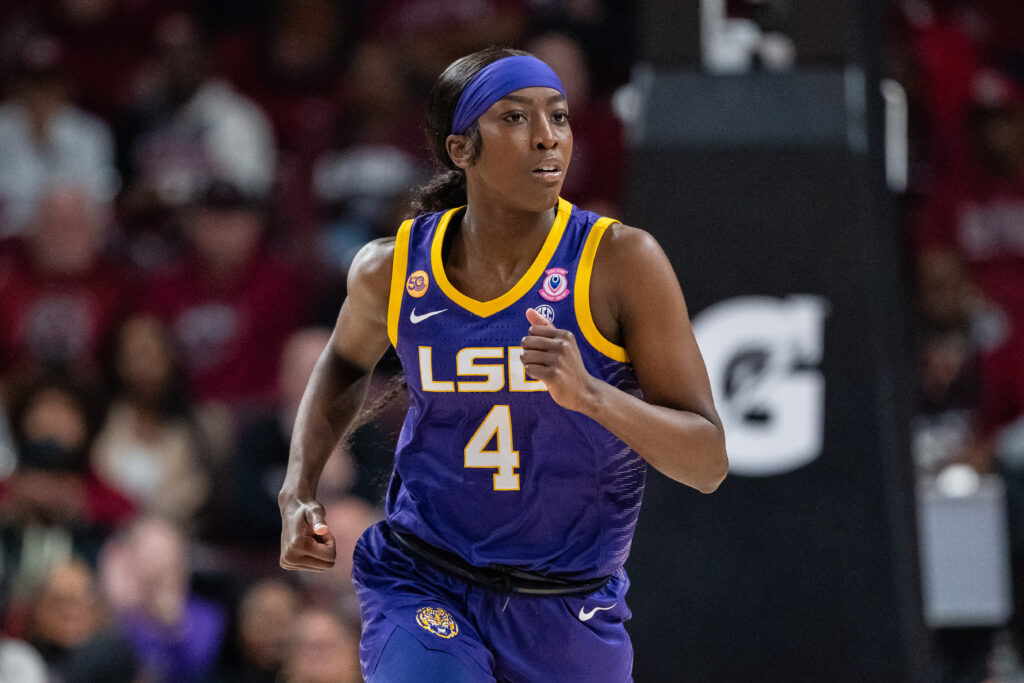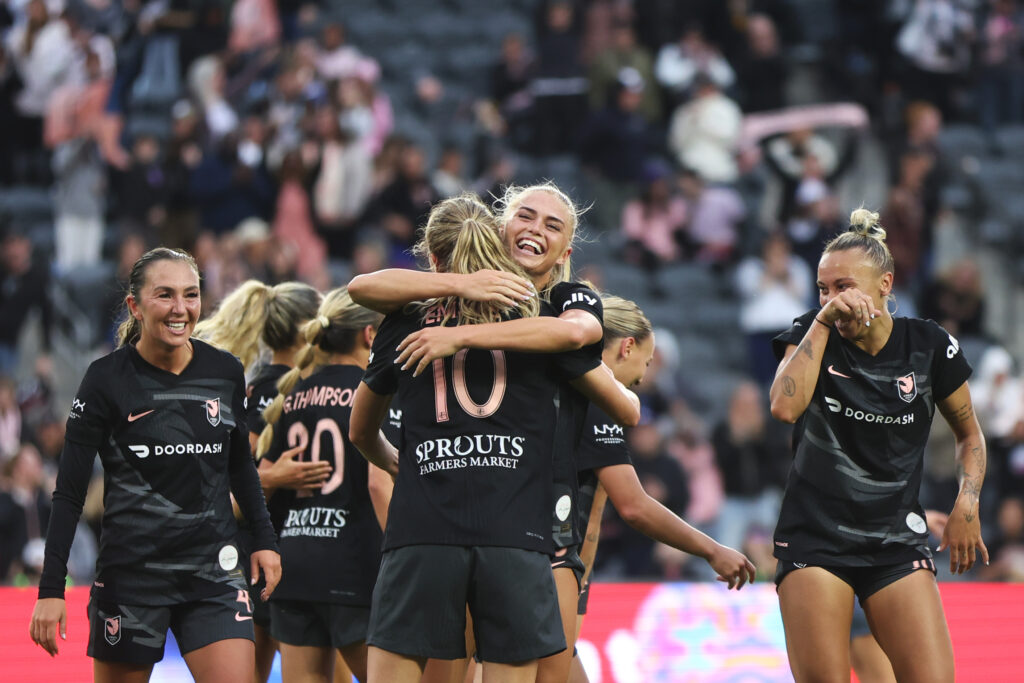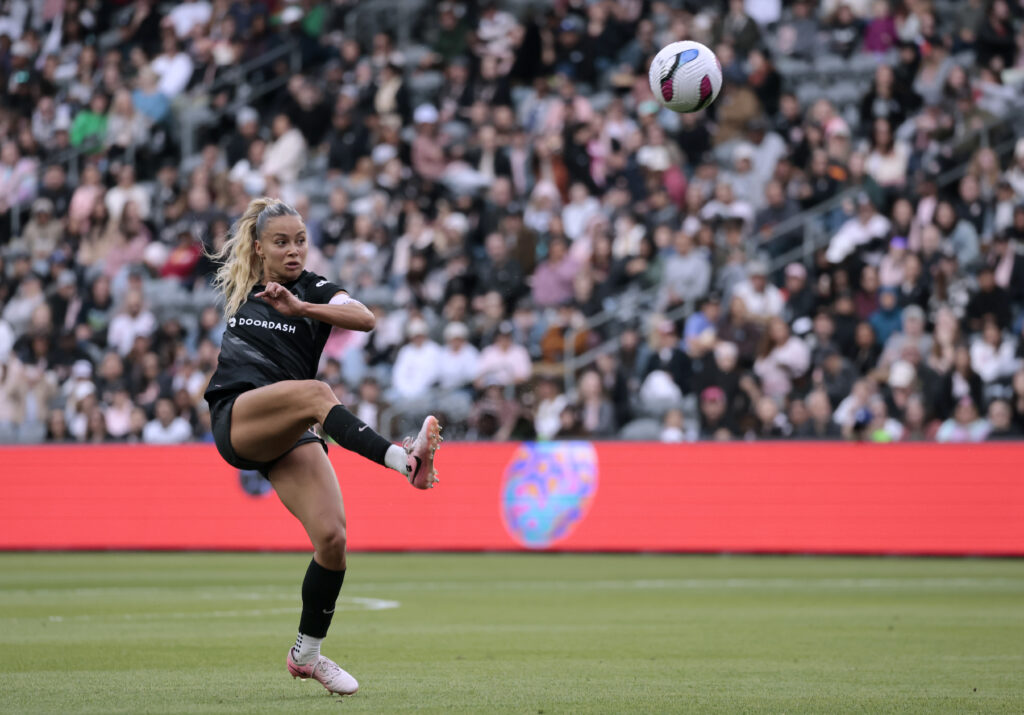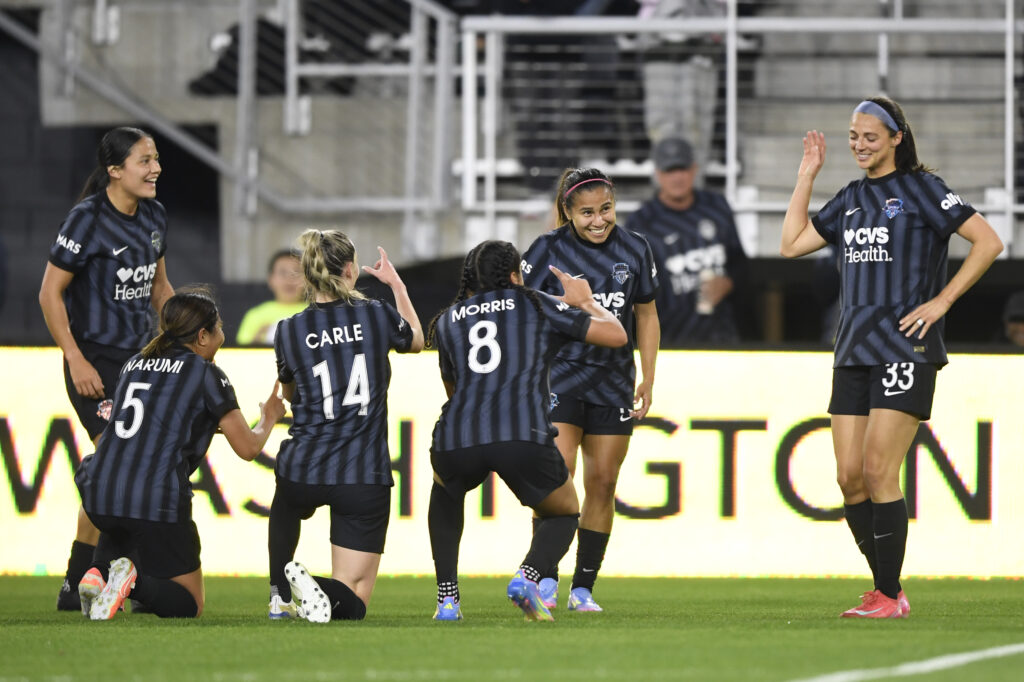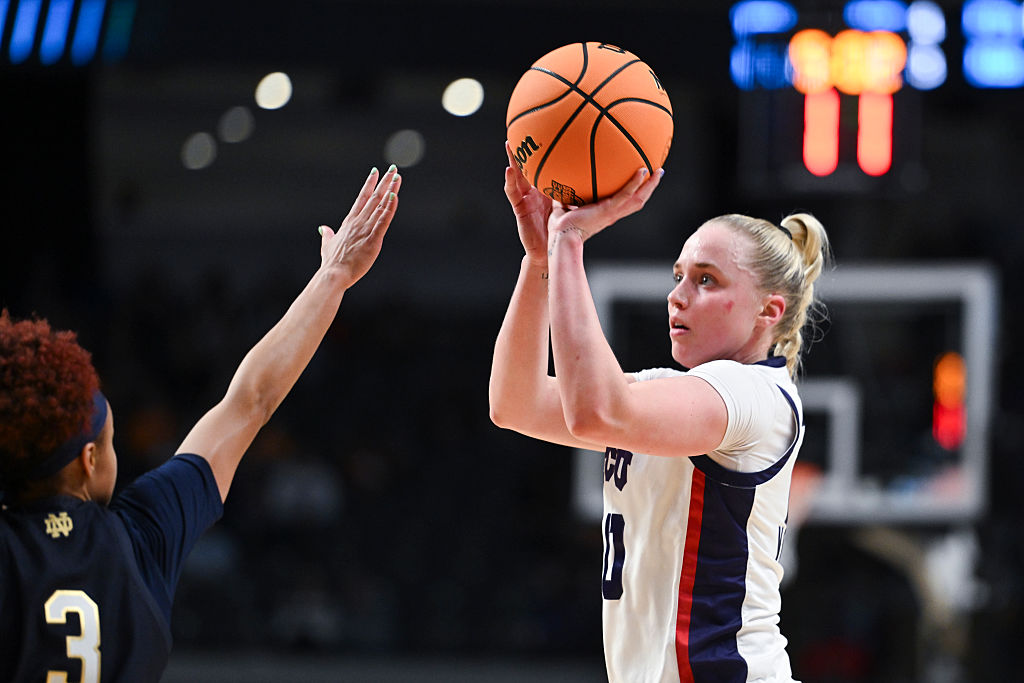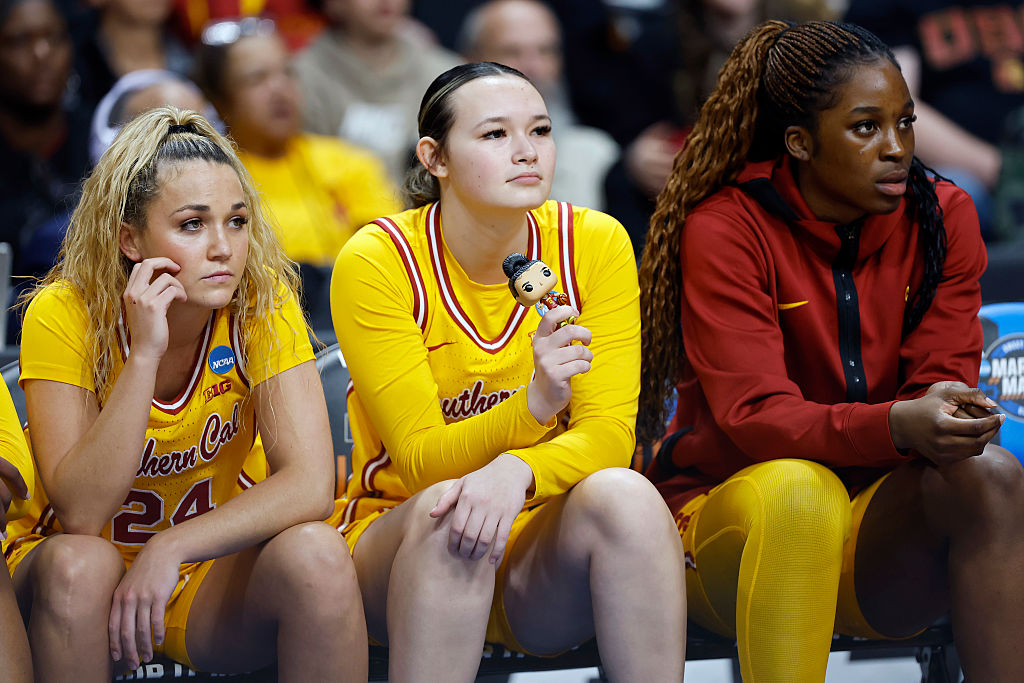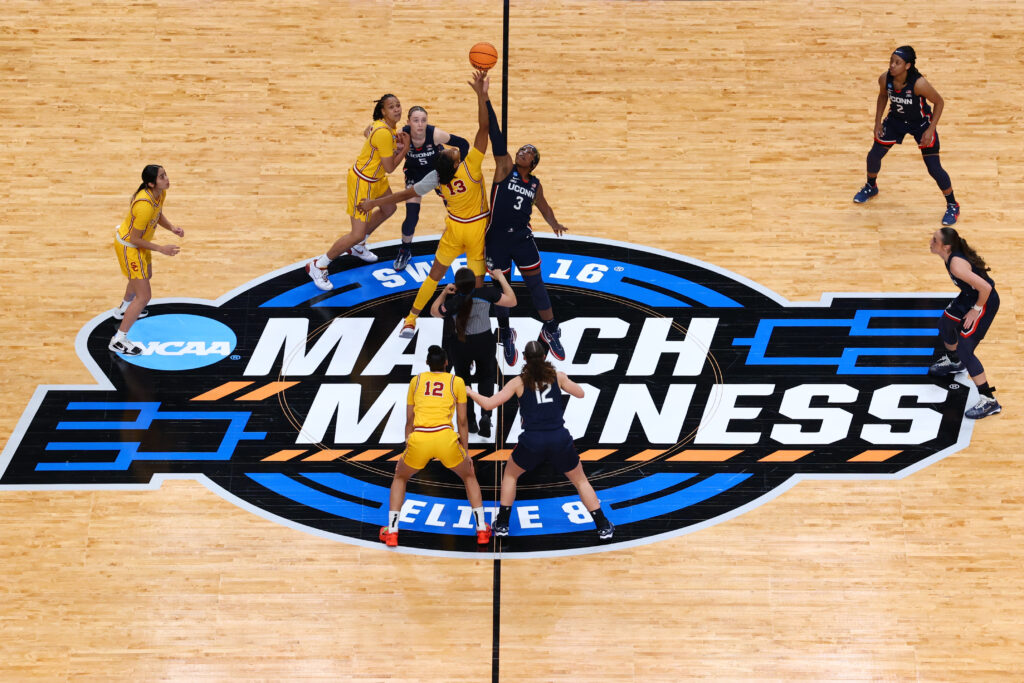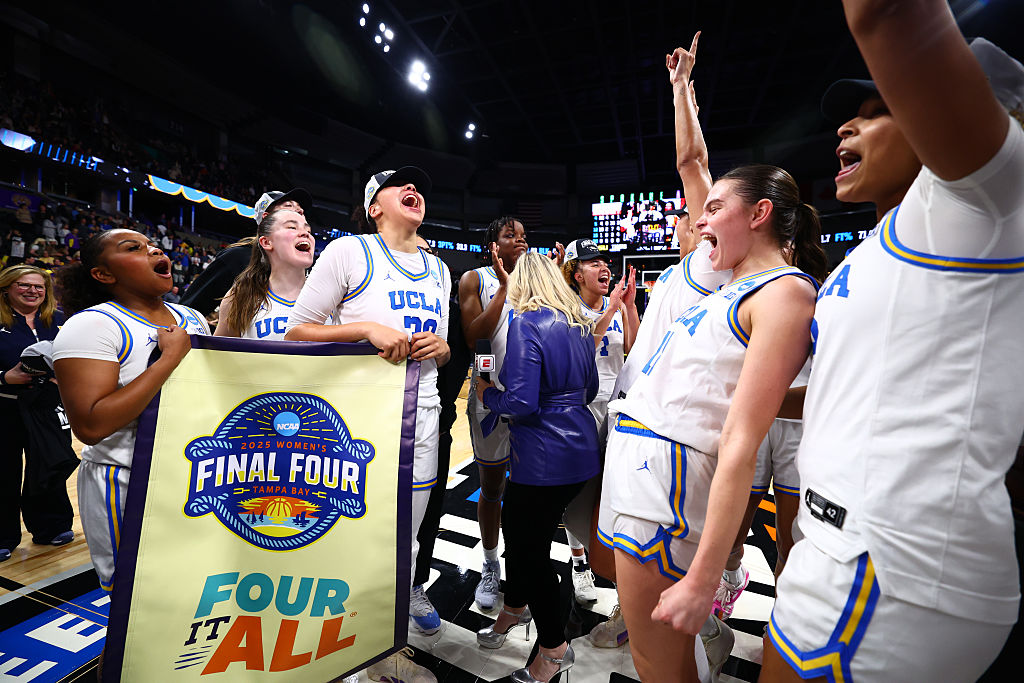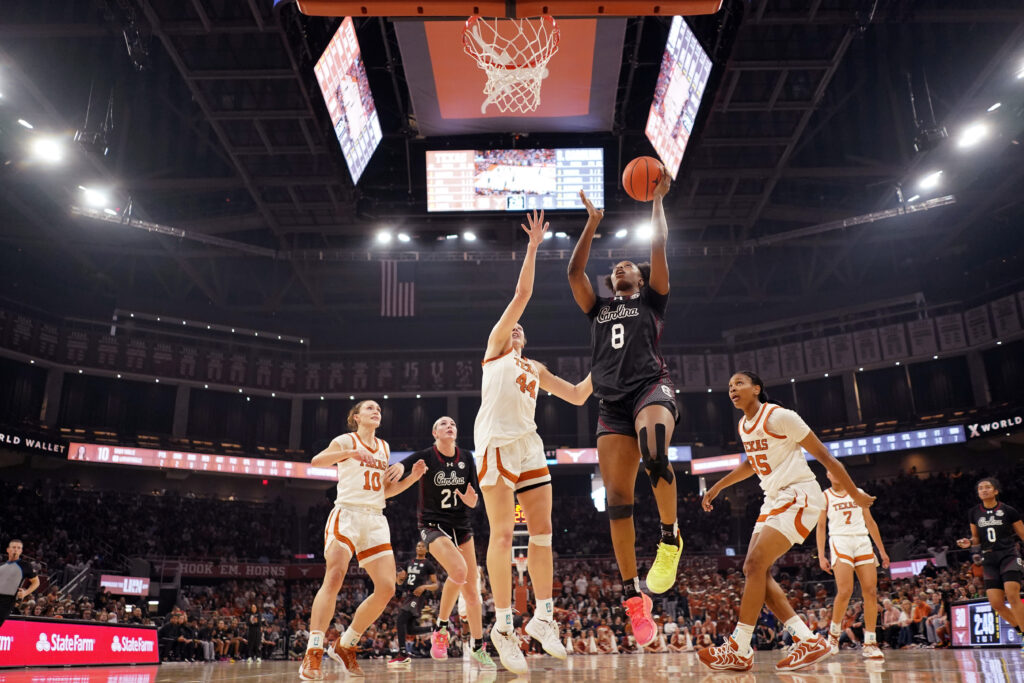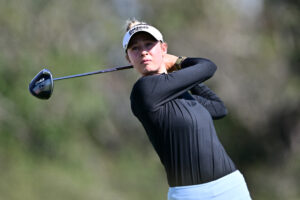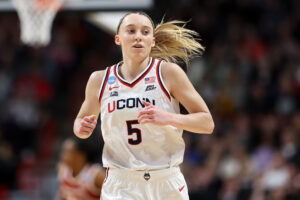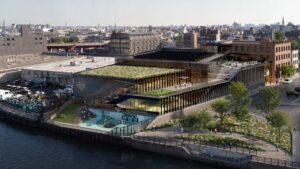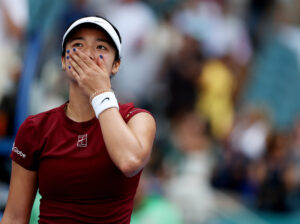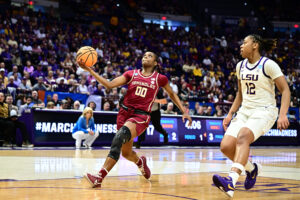As she handed off the microphone on Sunday, Sue Bird’s final words echoed throughout Climate Pledge Arena: “I love you. Thank you so much. I’ll see you in the playoffs.”
After 21 years in Seattle, Bird left the court following her final home regular-season game, an 89-81 loss to the Las Vegas Aces. Game 576 in a Storm uniform.
In that time, nothing has changed, and everything has changed for the Seattle legend.


She has the same perfectly gelled ponytail, holding her brown curls in place. The same warm smile that she flashed when the Storm drafted her No. 1 overall in 2002. The same competitive edge, the one she used to lead the Storm to four WNBA championships, and the one she expressed on Sunday when she promised the cheering crowd that she still had more basketball left in her, enough for a Storm playoff run.
She’s different, too. Seattle helped with that.
In 21 years, Sue Bird has found herself. She’s a proud gay woman, with her fiancée Megan Rapinoe cheering her on courtside on Sunday. She’s an activist for the game, for women, for people of color and the LGBTQ+ community. She’s a role model in every sense of the word.

Two decades ago, Bird didn’t know it was possible for a woman to play professional basketball for as long as she has.
In the NBA, there was Michael Jordan, whose six rings served as a benchmark for success. But in the WNBA, a league in its infancy, Bird didn’t know what a long career even looked like.
“There were no players that had 20-year careers. I don’t think there were players that had 10-year careers,” she said. “There wasn’t this model to copy or emulate.”
There is now.
“I think that 21-year-old me would be surprised that I’m still going,” Bird said. “Not because she didn’t think we had it in us, but because she wouldn’t have even thought about those things.”
In 2002, the entire WNBA was thinking about Sue Bird.
Fresh off an NCAA Tournament championship run — the third in UConn program history — and multiple Player of the Year Awards, Bird was slated to be the No. 1 pick in the draft.
Lin Dunn, who coached the Storm from 2000-02, started watching Bird casually during her high school days at Christ the King, and then even more once she enrolled at UConn.
When Dunn learned that her team would have the No. 1 pick in the 2002 WNBA Draft, she really started paying attention to the point guard from Long Island.
“I watched so many of her games, read every article and studied everything available,” Dunn said.
Climate Pledge Arena was packed for @S10Bird's final regular season home game. 🙌 pic.twitter.com/qhWqafV9o4
— Just Women’s Sports (@justwsports) August 8, 2022
She also answered a lot of phone calls. Dunn recognized Bird as a franchise cornerstone, a sentiment shared by nearly every team in the league. Dunn remembers the Detroit Shock and the New York Liberty being particularly relentless in their pursuit of the No. 1 pick.
“The more people called me about her and the more they offered me, the more it made me say, ‘There is no way I’m letting that pick go. She is too valuable,’” Dunn said. “I mean, I knew she was good, but I thought, ‘She might be even better than I thought.’ So I was determined to hold onto her.”
During her rookie campaign, and the Storm’s third season in existence, Bird averaged 14.4 points, 6.0 assists and 1.7 steals per game. Her team also enjoyed a winning season for the first time.
Bird was instantly living up to the hype, and everyone took notice.
In 2002, the Storm weren’t the only professional basketball team in Seattle. One day, as the Storm finished up a practice at the facility they shared with the Sonics, nine-time NBA All-Star Gary Payton came up to Dunn to chat about Seattle’s newest basketball player.
“He said, ‘Wow, I’ve never seen a point guard like Sue Bird. She sees the game a second or two ahead, and that is really unusual,’” Dunn recalled.
Bird was also highly competitive. During her first season, the Storm players decided to pick horses for the Kentucky Derby. What started as a fun activity turned into an obsession for the point guard as she studied everything she could about the Derby participants.
She was willing to do whatever it took to win.
“I’ve seen that a lot in the latter part of her career,” Dunn said. “She figured out how to extend her career by becoming the fittest person she could be. She changed her diet, she changed her training regime so that I can extend my career. That’s her competitiveness.”

In addition to her four titles with the Storm, Bird was named a WNBA All-Star 13 times. She earned All-WNBA First Team honors three times and Second Team honors twice, and she led the league in assists three times.
Bird’s point production has dipped over the years — down from 14.2 points per game in her rookie season to 7.9 this year — but her playmaking abilities have remained consistent. Her vision, which impressed Dunn, Payton and countless others back then, has helped her average 5.6 assists per game throughout her career.
Dunn, who is now the interim GM for the Indiana Fever, only coached Bird for one season in Seattle, but she remained a fan of the guard from that point on.
And throughout that fandom, Dunn has watched as Bird changed on and off the court.
Part of that was finding her voice.
Bird referenced the Wild Rose, a lesbian bar in Seattle, during her postgame remarks to the crowd on Sunday. Twenty years ago, Bird wouldn’t have been as candid about her sexuality.
She also wouldn’t have had her partner cheering for her from the sidelines. Nor would she have spoken out about issues, beliefs, politics — anything other than basketball.
We love you, @S10Bird 💚💛
— Seattle Storm (@seattlestorm) August 7, 2022
Thank you for everything you have given to Seattle and the game of basketball. #TheFinalFlight pic.twitter.com/UidfAziZJe
“I definitely was part of a shut-up-and-dribble generation where that’s what we did. We didn’t complain too much or talk about things too much because we were scared to, or because it was the vibe,” Bird said during All-Star weekend last month. “It was an unspoken vibe, but it was there. Even coming out as gay, that’s not something I would have done in the early part of my career.”
Bird helped Seattle find its footing on the basketball court, and Seattle helped Bird find herself off of it.
“I did want to acknowledge everyone who made this moment possible,” Bird said, addressing the crowd at Climate Pledge Arena. “And not just this moment and having a sold-out crowd, but allowing me to be myself. It took me a minute to figure out who I was, but once I did, I was all right. And you guys allowed me to do that.”
In the postgame press conference, Bird, 41, said she didn’t think about what to say to the crowd before the game. She only knew she wanted to speak from the heart.
She spoke eloquently and thoughtfully, something she’s become known for during her time in the league. Although she didn’t have a script, every word was intentional.
During the “shut-up-and-dribble” era, Bird spoke with a different kind of intention. Her motive was to, as she put it, “fit the vibe.”
Now, she’s helping create the vibe.

As a rookie, Dun remembers Bird as being quick-witted and friendly. But in a crowd of people, the point guard was quieter. If she didn’t know someone, she kept to herself.
“Some of the things that meant a lot to her, she knew it mattered to her, but she was never really able to verbalize it and take a stand,” Dunn said. “I loved seeing her find her voice as she grew older.”
Sunday was a moment to celebrate Sue Bird for everything she is and everything she’s done.
It was also a moment to celebrate everything she will continue to do.
Bird is stepping away from the court, but never from the WNBA, and never from the voice she worked long and hard to find.
Eden Laase is a Staff Writer at Just Women’s Sports. Follow her on Twitter @eden_laase.
